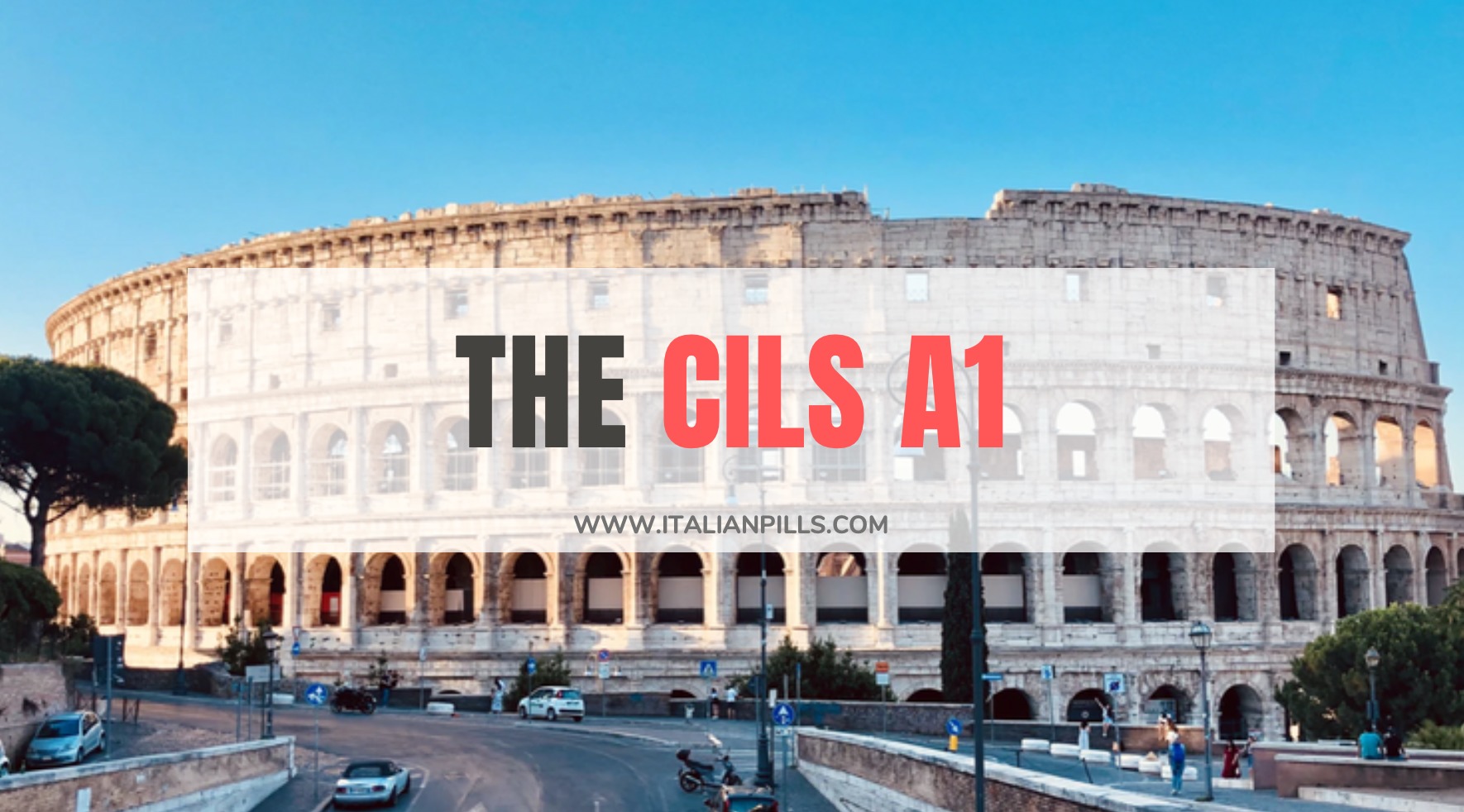Blog
The Ultimate Guide to Italian Pronominal Verbs (Verbi Pronominali)
What is a pronominal verb? A pronominal verb is a type of verb that includes a pronoun as an integral part of its structure. In Italian, a pronominal verb consists of a base verb combined with one or more pronouns, forming a new verb with a different meaning from the...
CILS A1 Italian Exam: Complete Study Guide for First-Time Test Takers
What is the CILS A1 Exam? The CILS A1 is a certification that tests your basic Italian language skills at the beginner level. You can take the CILS A1 exam in Italy or at approved testing centers worldwide, including universities and institutions recognized...
How to use ‘già’ in Italian
Già has two meanings. The primary one (and most used) is already. The second one, which is especially used in conversation, is right or indeed. Già: already The most common use of già is when it is used with the sense of "already". The basic use of già is...
Essere and Esserci: The Difference
Essere and esserci are different verbs. Essere means "to be". Esserci means "to be there". Esserci is the infinitive verb of the common forms "c’è" and "ci sono", which state the presence and existence of something or someone. They...
Most Used ‘-ISC’ Verbs in Italian
As you already know, there are three groups of verbs. 1st (-ARE verbs)cucinareto cookmangiare, studiare, guardare2nd (-ERE verbs)scrivereto writeleggere, vedere, vincere3rd (-IRE) verbs)dormireto sleepaprire, partire, finireItalian verb groups Most of the "ire" verbs...
Most Common -ARE Verbs in Italian
Present Tense of 'parlare' (regular verb) IoparloI speakTuparliYou speak (singular, informal)Lui/LeiparlaHe/She speaksNoiparliamoWe speakVoiparlateYou speak (plural)LoroparlanoThey speakconjugation of "are verbs" with the present tense As a beginner, a good...
How to use ‘ecco’ in Italian
Ecco is an invariable Italian adverb that can be used in a variety of meanings. Let's take a look at some of the most common ones in the form of sample sentences that you can easily insert into your flaschards sets. Ecco = Here is / Here are Ecco is an invariable...
Basta/Abbastanza/Mi basta: The Difference
Everyone has heard at least once the words "basta! or "abbastanza" or "mi basta."And although they all look very similar, their uses and meanings differ significantly. Let's take a look at it now! Basta Basta! means enough! stop! It’s an invariable noun,...
What’s the meaning of ‘Cioè’ in Italian?
Cioè is one of those words that Italians frequently throw-in during a conversation. In English, cioè can take different translations, depending on the context. In any case, no matter the context, cioè is used to provide or give additional information about something...
The Difference Between “Volerci” and “Metterci” in Italian
When expressing how long something takes in Italian, we use either "ci vuole" or "ci metto," but they function differently. Volerci Volerci is a verb with two main meanings: To take time – It expresses how much time is required for something to happen or be...










